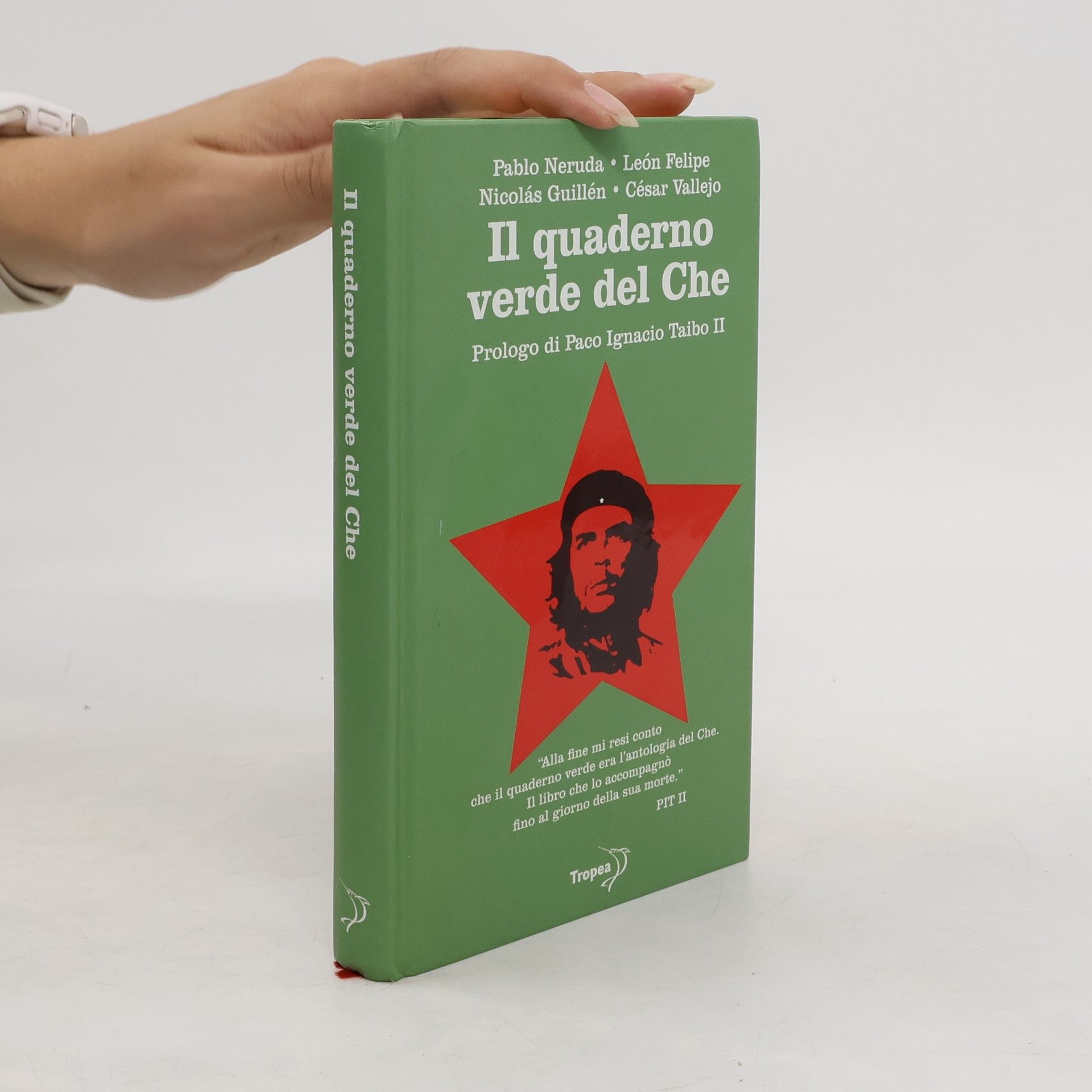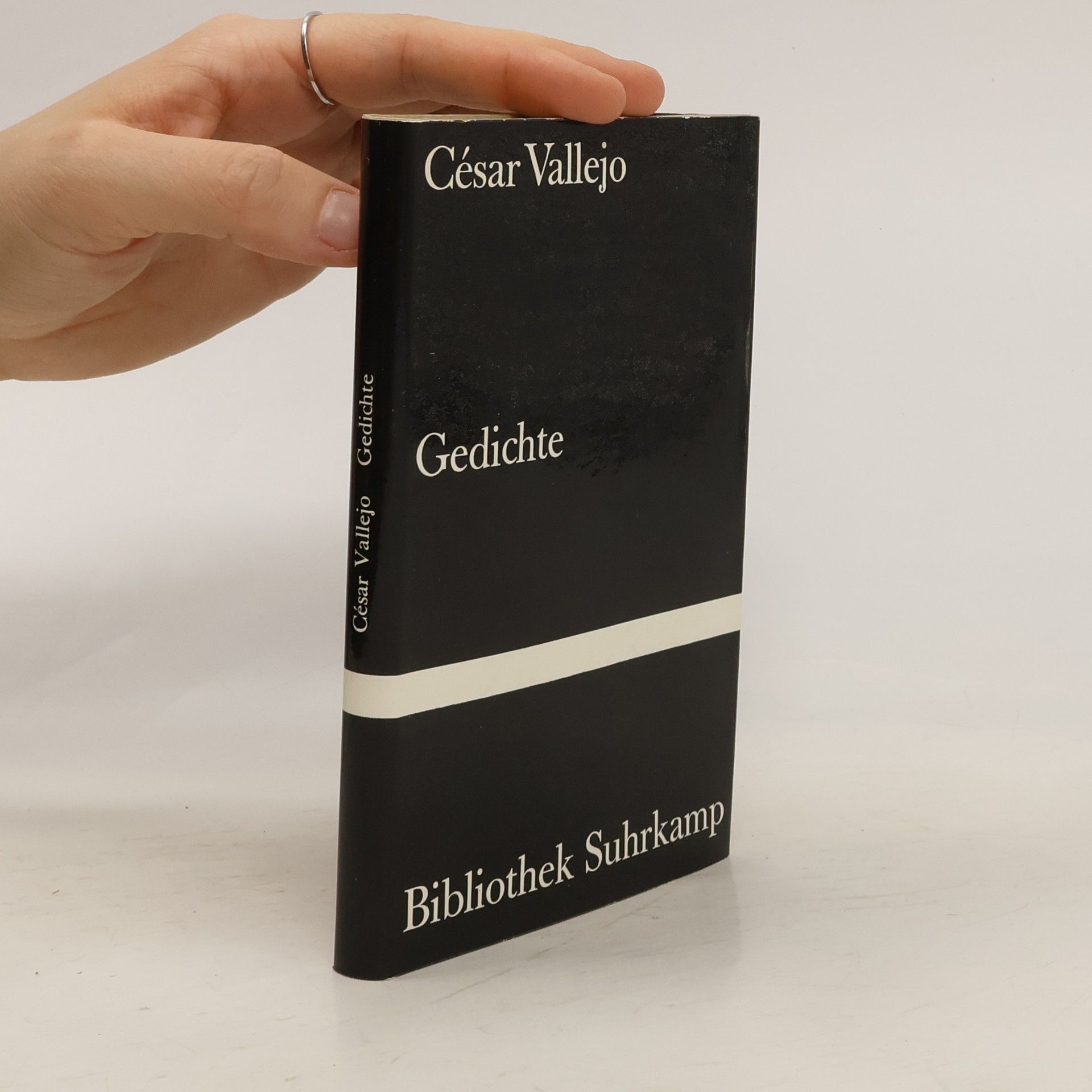Cesar Vallejo was born in Santiago de Chuco, Peru, in 1892. He studied law and literature in Trujillo and in 1917 moved to Lima. In 1921 he spent three months in prison where he wrote some of the poems in Trilce. In 1923 he left for Paris, where he co-founded a cell of the Peruvian Communist Party. From Paris, he traveled to Russia and to Spain, during the Spanish Civil War. He died in Paris, in absolute poverty, devastated by the fall of the Spanish Republic, in 1938. Besides novels, short stories, dramas, and several journalistic and political collections, Vallejo left five books of poetry. Of these only Los heralds negros (The Black Heralds, 1918) and Trilce (1922) were published during his lifetime. Nomina de huesos (Payroll of Bones, 1923-1936), Sermon de la barbarie (Sermon on Barbarism, 1936-1938) and Espana, aparta de mi este caliz (Spain, Take This Cup from Me, 1937-1938), were published posthumously.
César Vallejo Boeken
César Vallejo was een Peruaanse dichter, beschouwd als een van de grote poëtische vernieuwers van de 20e eeuw. Hoewel hij tijdens zijn leven slechts drie poëziebundels publiceerde, liepen zijn werken altijd vooruit op literaire stromingen, elk op zijn eigen manier onderscheidend en revolutionair. Zijn unieke stem en stilistische bekwaamheid onderscheiden hem.
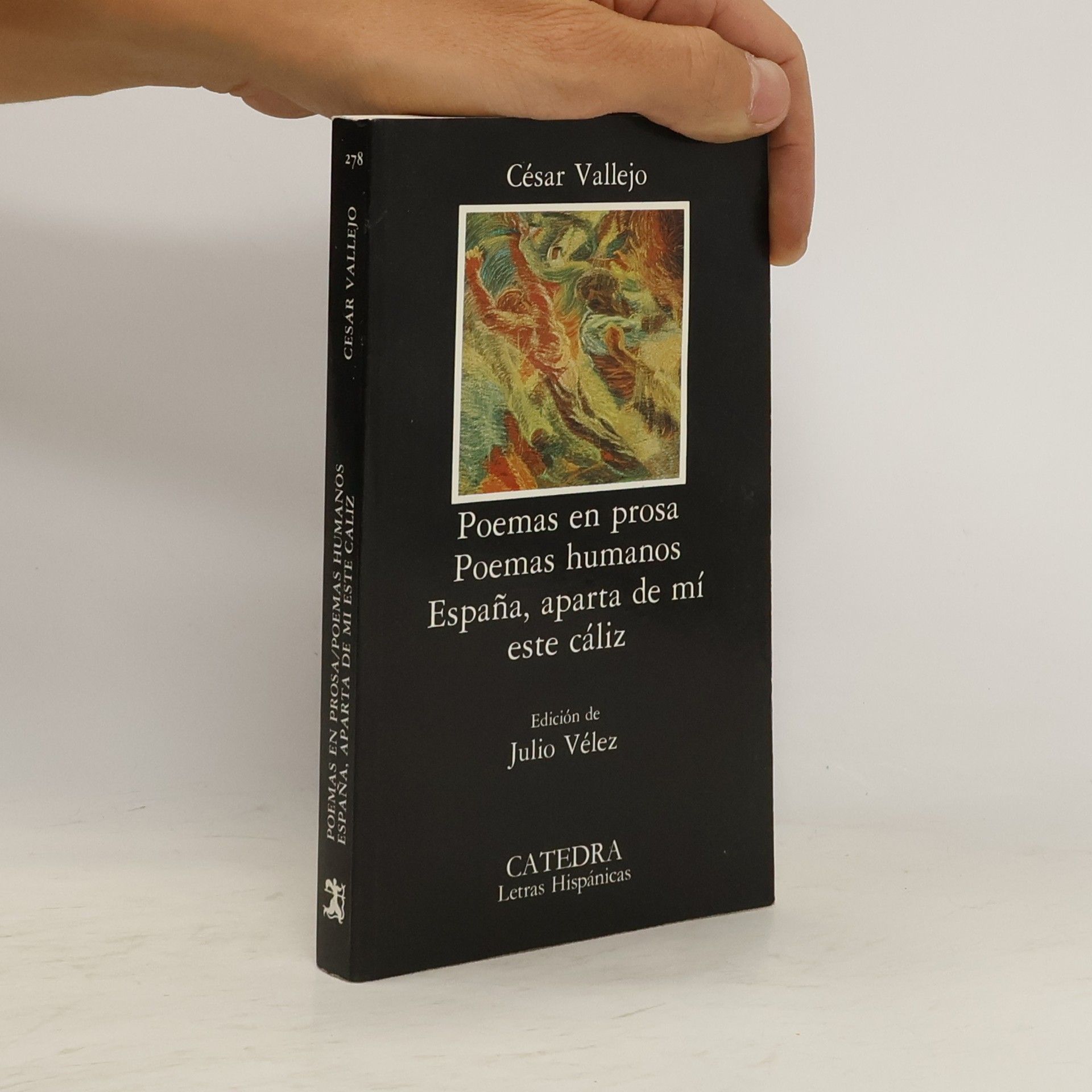
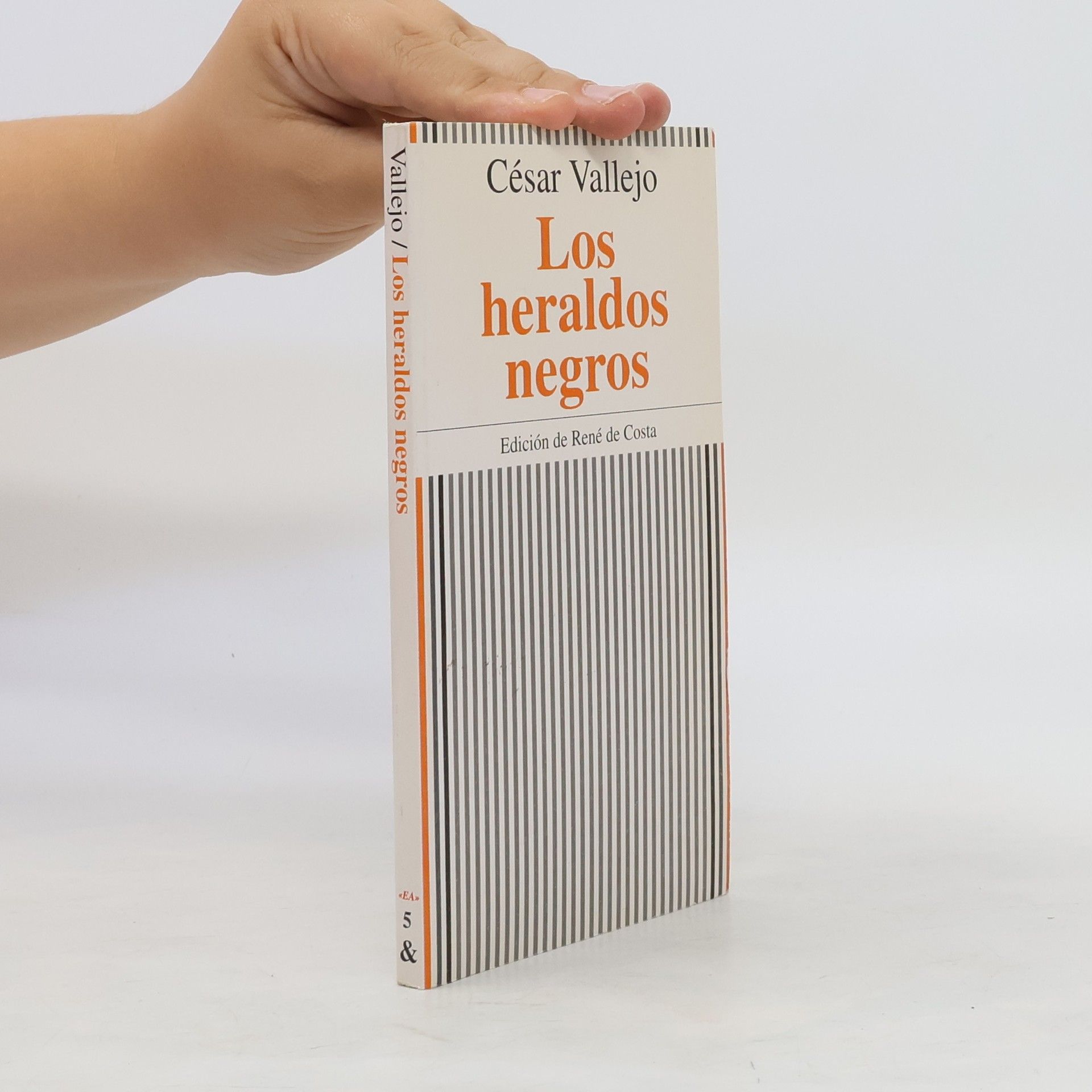
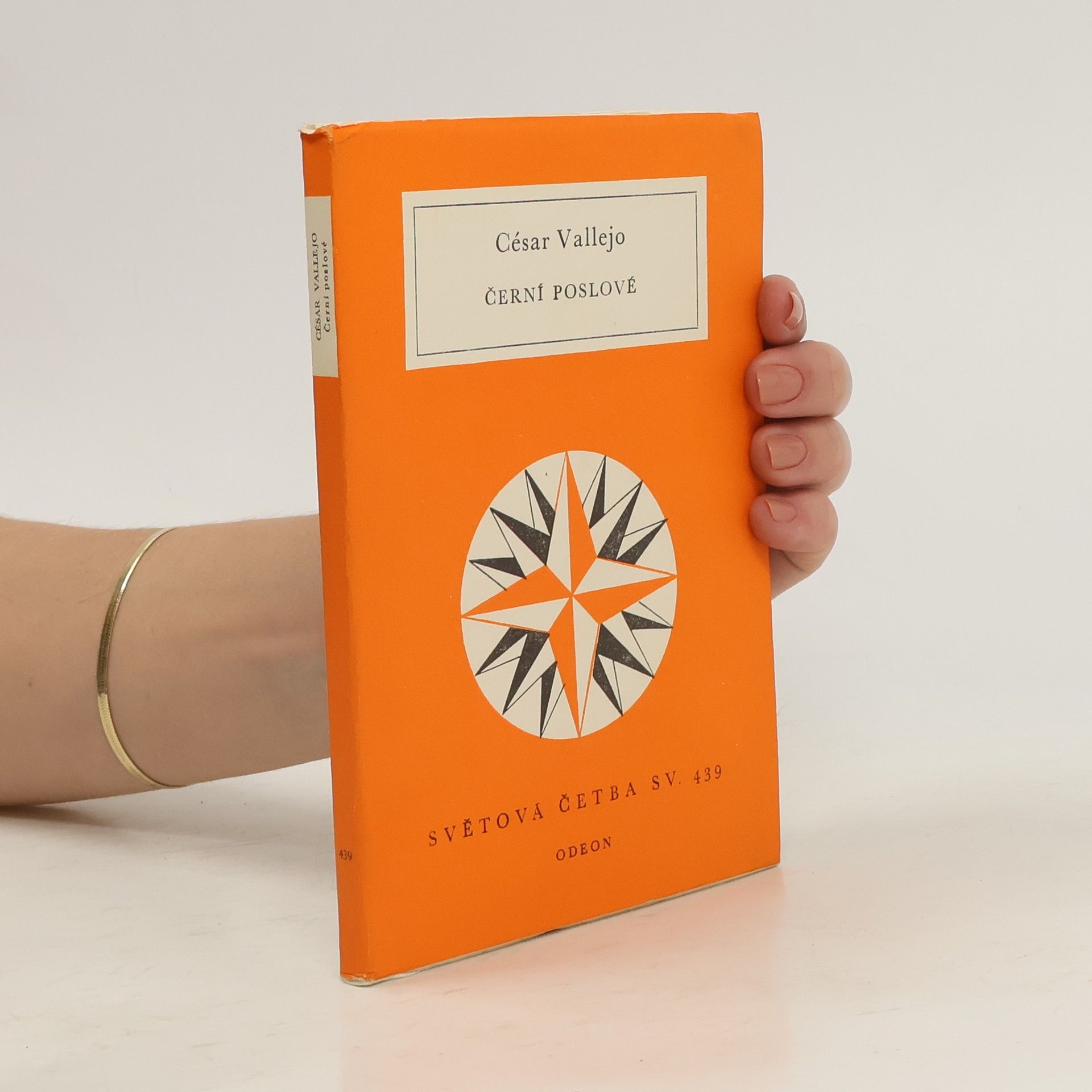
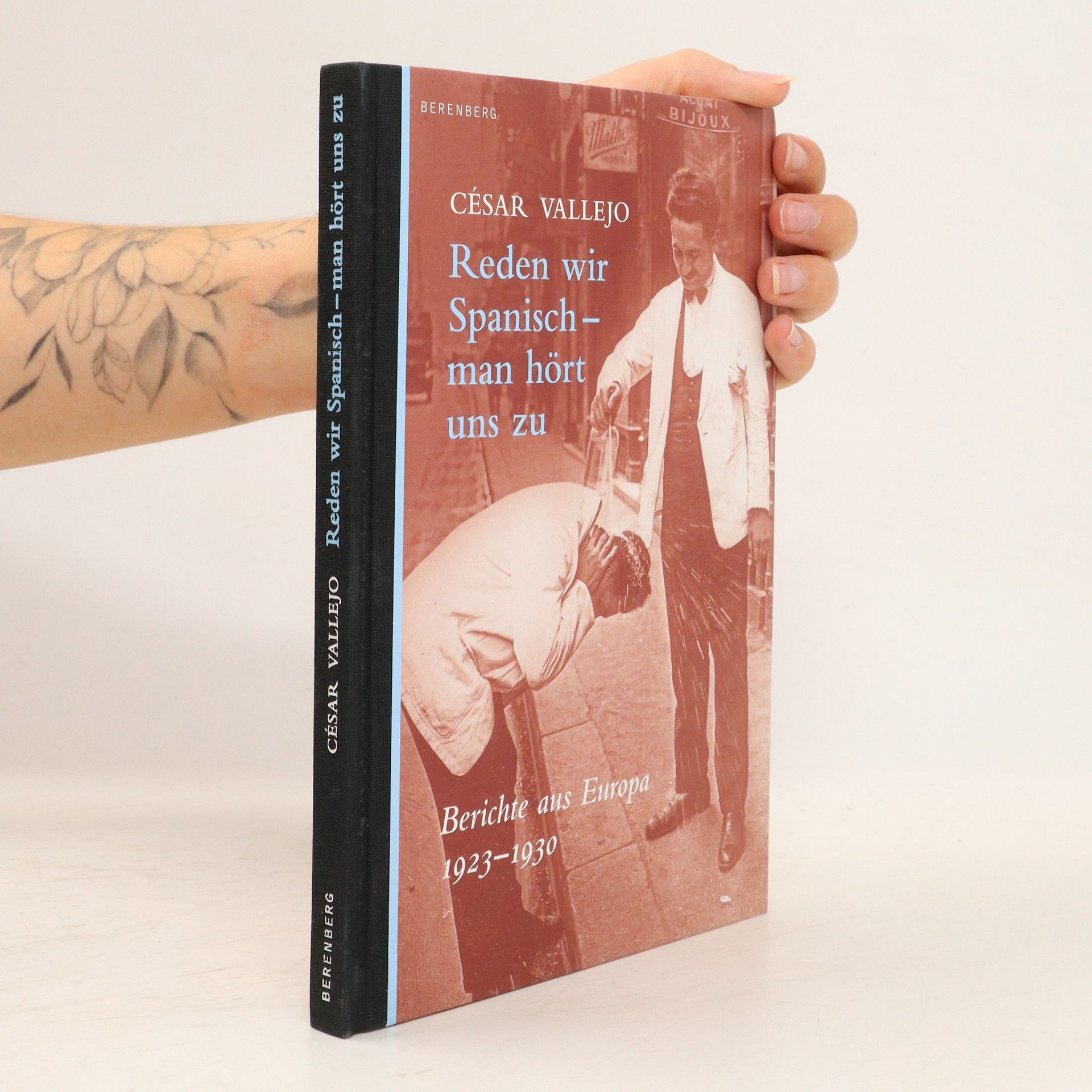

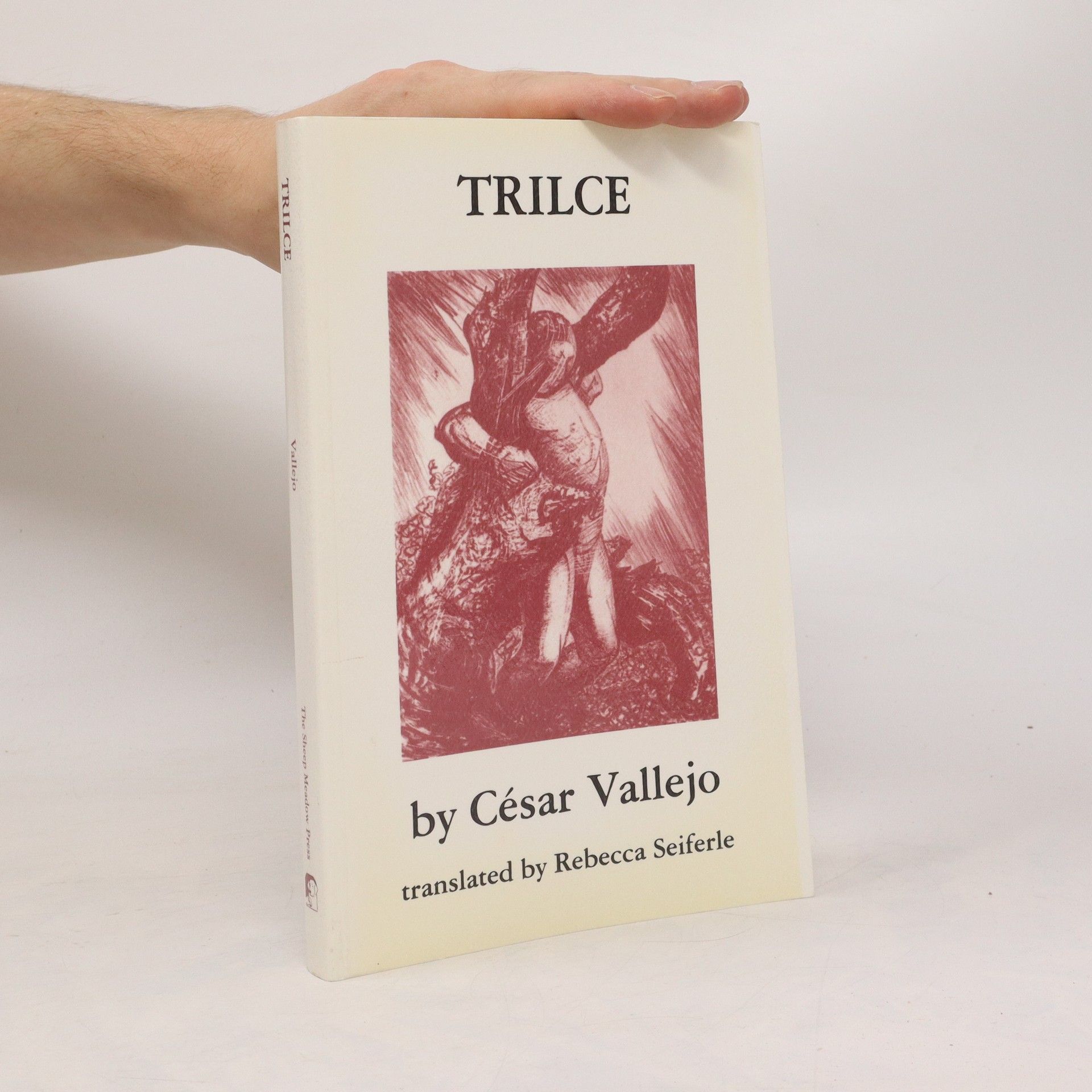
Cesar Vallejo is one of the best-known Latin American poets of the twentieth century. Challenging, intense, and difficult to translate, Vallejo's work has often been overshadowed by his fervent endorsement of communism. Including Spanish and English versions of more than eighty poems that span Vallejo's career, this title collects his poems.
Wenn Dichter aus ihrem Wolkenkuckucksheim herabsteigen und sich mit ihrer Umgebung beschäftigen müssen, entstehen Berichte, wie man sie hier lesen kann: Als der Peruaner César Vallejo 1923 nach Paris kam, verwirklichte er einen Traum - die „Alte Welt“ kennenzulernen. Tatsächlich sollte er seine Heimat bis zu seinem Tod 1938 nicht mehr wiedersehen. Seinen Lebensunterhalt in Europa verdiente er sich als Korrespondent lateinamerikanischer Zeitungen. Und er kam herum: Auf seinen Reisen kreuz und quer durch den Kontinent, zwischen Russland auf der einen und Spanien auf der anderen Seite, und immer wieder in Paris, entstanden diese Texte. Vallejo war ein scharfer Beobachter von für ihn fremden und seltsamen Menschen und Ereignissen. Und ein Dichter, dem ein Gespür für Wahnwitz und Fantastik einen ganz neuen Blick auf überraschend aktuell und vertraut wirkende europäische Themen erlaubt.
Černí poslové
- 146bladzijden
- 6 uur lezen
Výbor z veršů peruánského básníka, který se za emigrace v Evropě, za života mezi Paříží a Madridem, stal vrcholným představitelem hispánské básnické avantgardy v období mezi oběma světovými válkami. Výbor zahrnuje verše zesbírek Černí poslové, Trilce a Lidské básně (z nichž je zvlášť vydělen oddíl zachycující zážitky básníka, který v době občanské války ve Španělsku stál na straně republikánské armády, oddíl Španělsko, odejmi ode mne tentokalich). Verše obrážející indiánský pesimismus, sebemučivé zklamání, niterné zahloubání.
Los heraldos negros
- 156bladzijden
- 6 uur lezen
Poemas en prosa ; Poemas humanos ; España, aparta de mí este cáliz
- 289bladzijden
- 11 uur lezen
La escritura de Vallejo obedece a un sistema en el que cada verso representa una suma de esfuerzos y tensiones donde se articulan a la vez el lenguaje y las percepciones mentales. España, aparta de mí este cáliz, es la herencia de angustia y dolor que recibió de España.
Il quaderno verde del Che
Prologo di Paco Ignacio Taibo II
V tomto románe zachytil podmienky, v akých žijú obyvatelia horských oblastí Peru – bukolický život primitívnych „detí prírody“. Doslov napsal Vladimír Oleríny.
Gedichte
Spanisch und deutsch. Übertragung und Nachwort von Hans Magnus Enzensberger
Mit César Vallejo (1892?-1938) hat nicht nur Peru sich in die moderne lyrische Weltdichtung eingeschrieben, sondern die junge Dichtergeneration Südamerikas hat in ihm ihr gerühmtes und angebetetes Vorbild entdeckt. Er ist des raffiniertesten Kunstdialekts spanischer Herkunft ebenso fähig wie der elementaren Ausdrucksweise der Peones. Das Ineinander von extremer Kunstsprache und vernutzter Redensart ist seiner Poetik nicht äußerlich: es macht ihren Kern aus.
